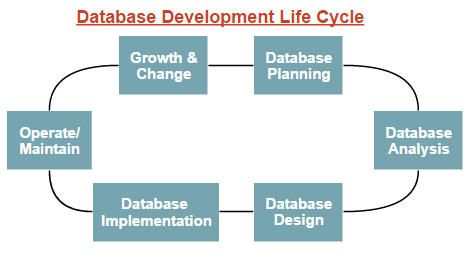Database Administration and Security Assignment Help
Database Administration and Security: Definition and Purpose
Database Administrator sometimes known as DBA performing a role in IT department of any large organization charged with the creation, maintenance, backups and security of organization’s database. The primary role of DBA is to ensure the availability of database so that it always available when needed which also involve active monitoring and troubleshooting. So a DBA should have some technical skills in the database engine and operating systems in the same platform on which database runs.
Get help to know about some of the critical important task of DBA from our online tutors. Some of the task we are going to discuss here, Database Security: Security in terms to ensure that only authorized user have access to database and prevent our database from unauthorized user so this is DBA role. Backup and Recovery: This is the DBA role has sufficient database and recover procedure to recover it when the data has been lost and required in future.

Function of DBA
There are some of the important function of database administrator like selection of hardware and software to run the database and keep up with the current technological trend and predict the future changes to cope up with them. DBA also manage data security and privacy to protect data against credentials or misuse, firewalls, also secure from complicated use of distributed systems such as internet access and client/server technology. It also provide integrity controls which protect data from unauthorized use and provide consistency of data, maintain the relationship between the data.
Database Administration and Security Assignment Help By Online Tutoring and Guided Sessions at AssignmentHelp.Net
DBA Responsibilities
- Makes decision concerning the content of the database: to determine the type of the information and what information is to held in the database is the DBA’s job. It also identify entities of interest to the enterprise and to identify information to be recorded about those entities.
- Plans storage and access strategies: it also plan how the data is to be represented in the database, and must specify the representation by writing storage structural definition.
- Provide support to users: It also provide support to the users to ensure that the data they require is available and by writing the external schema to fetch the data.
- Define security and integrity checks: This define security by providing the authorization and authentication checks such that no malicious users can access database and it must remain unprotected, sometimes it also ensure the integrity of database.
- Interprets backup and recovery strategies: when any portion of database damage or not working anymore due to some reasons so it is essential to repair data concerned with the minimum delay.
- Monitoring performance and responding to changes in requirement: DBA is responsible for organizing the system so it serve best performance for enterprise.


